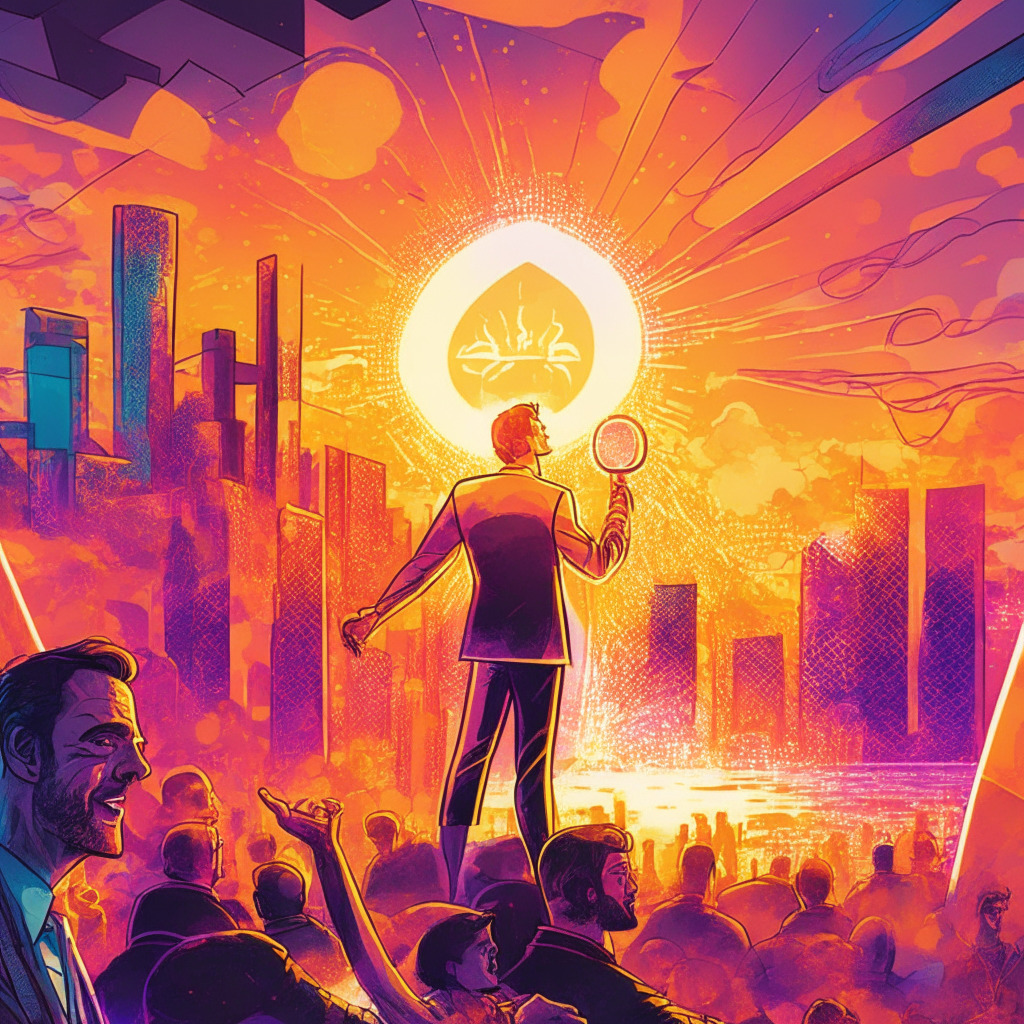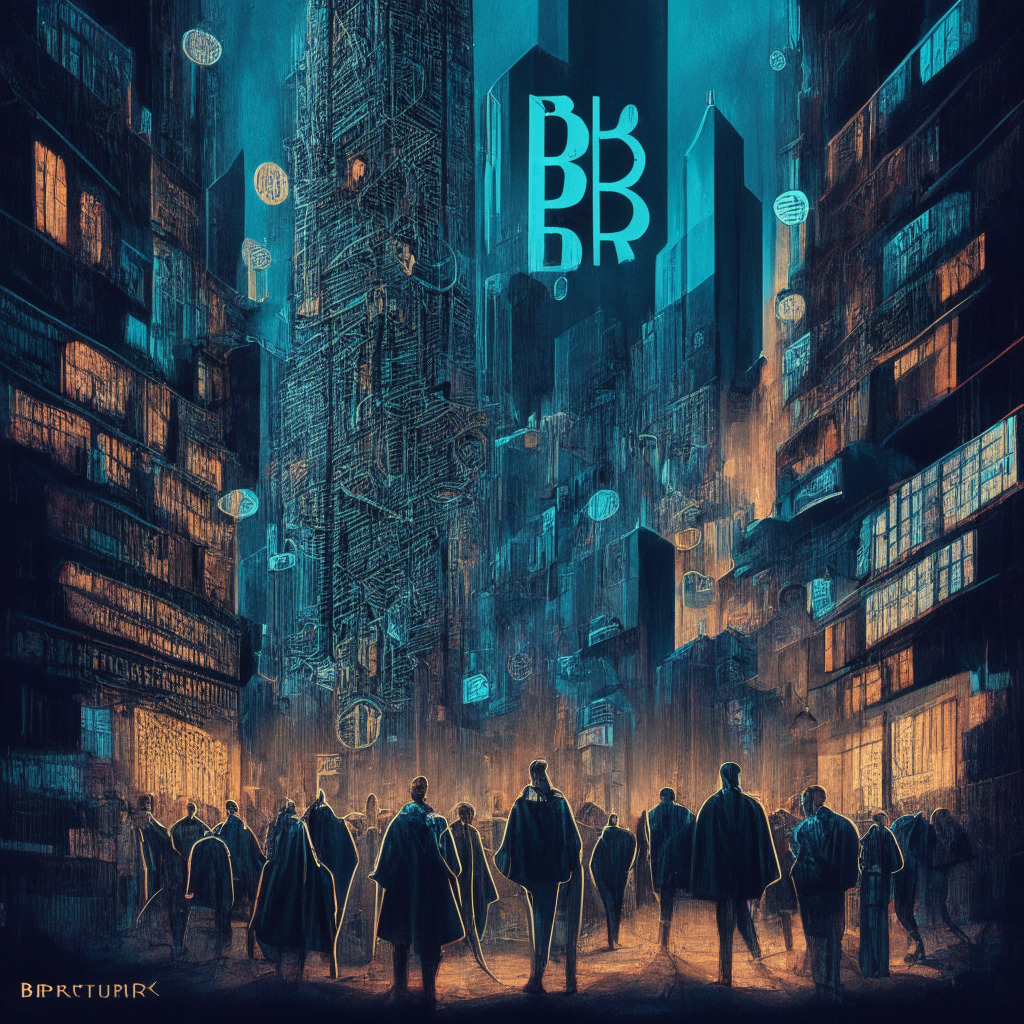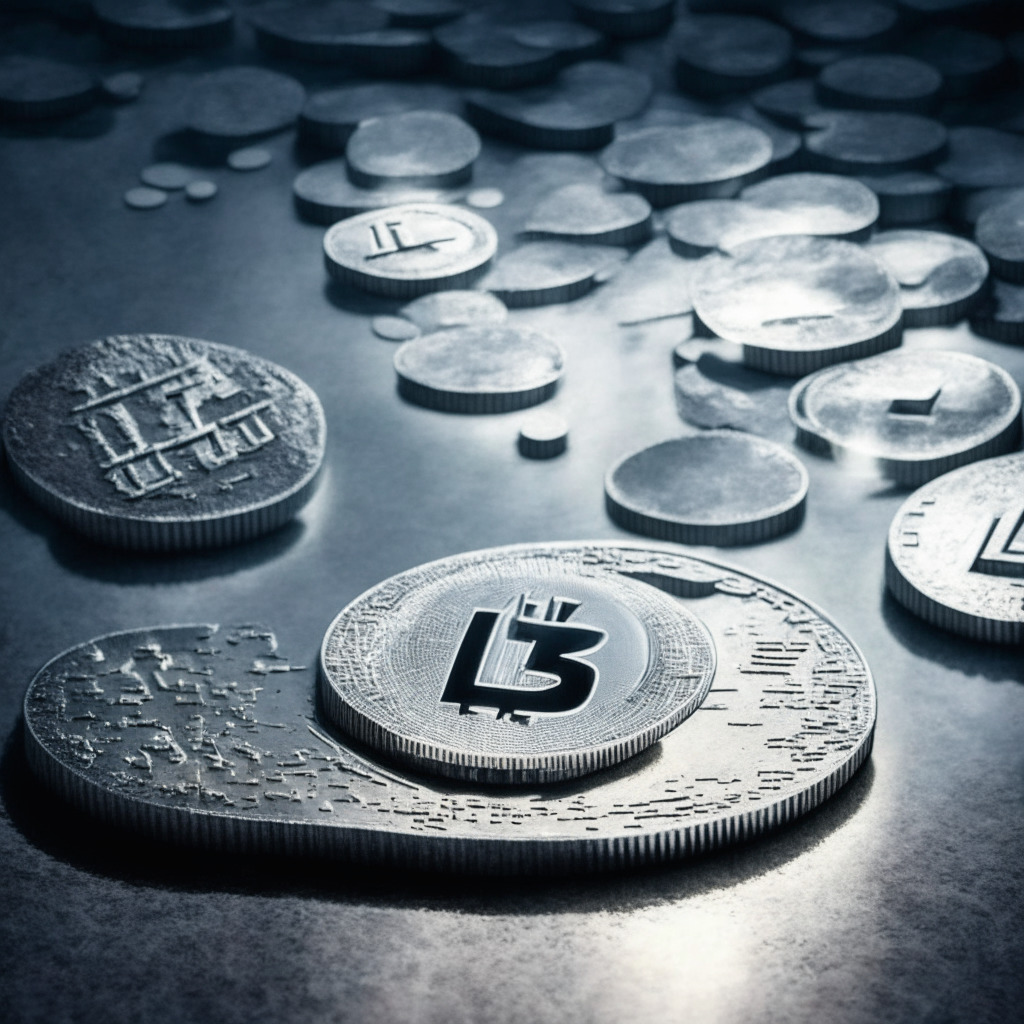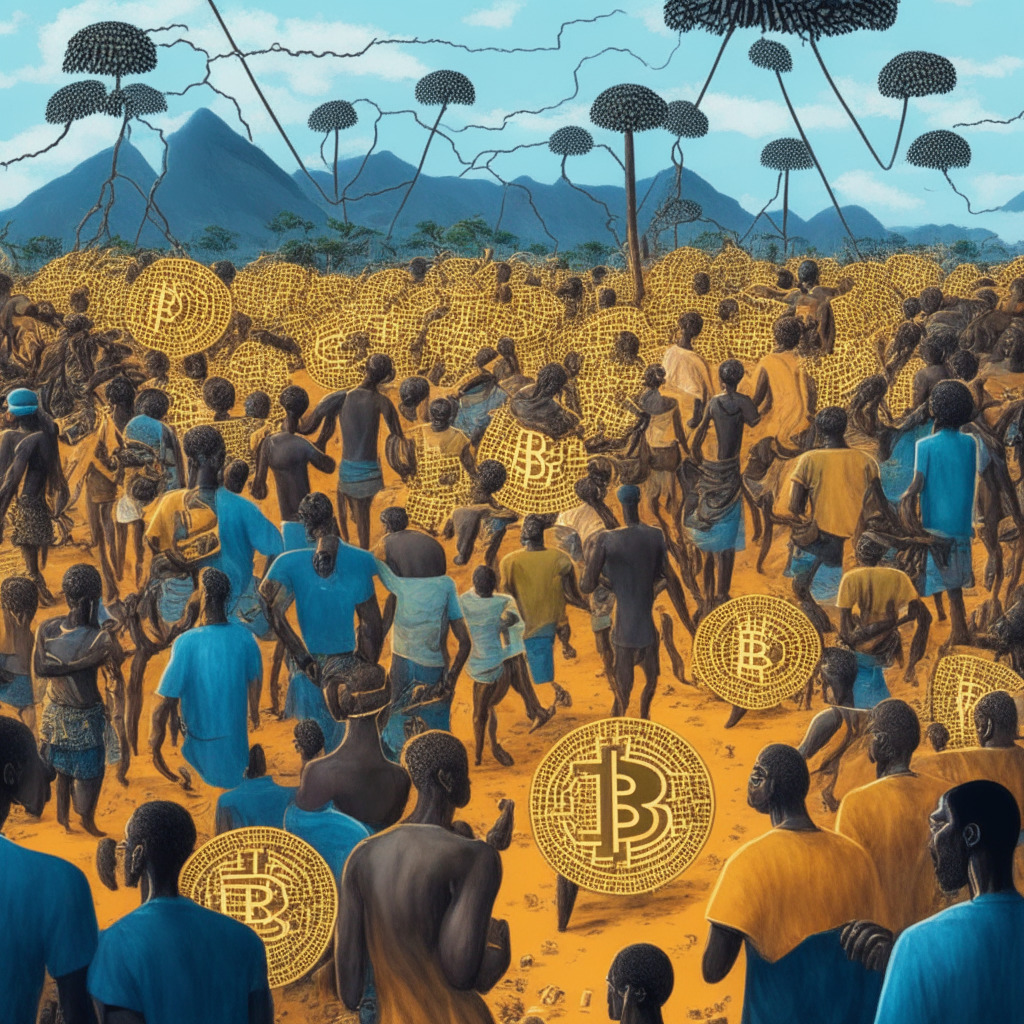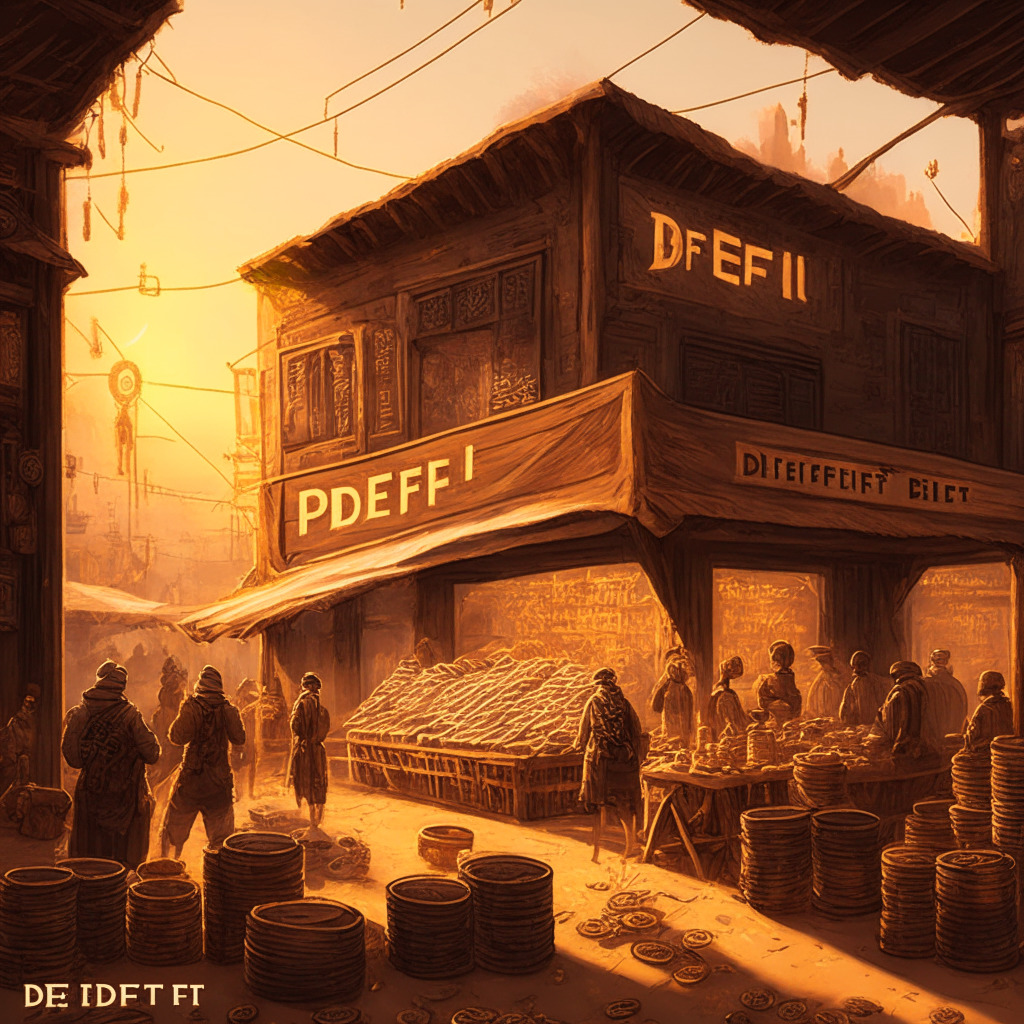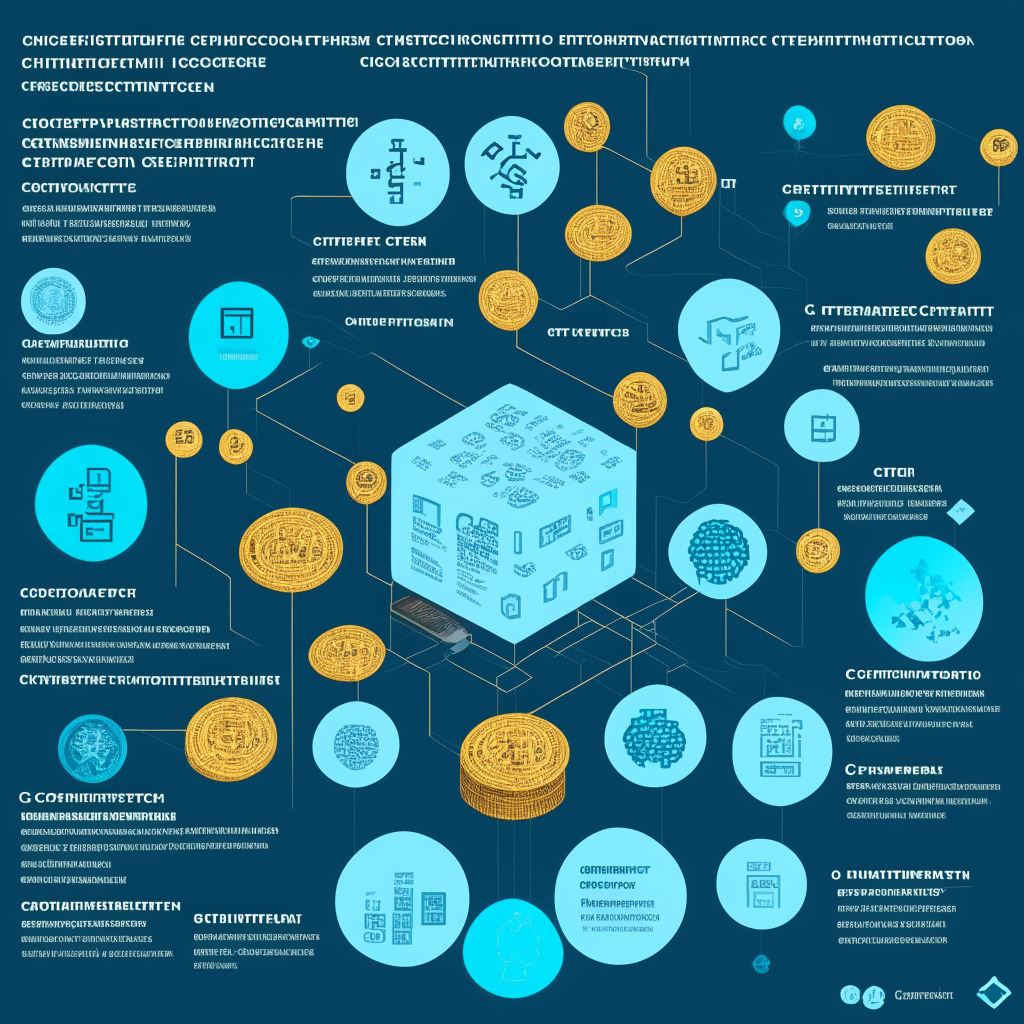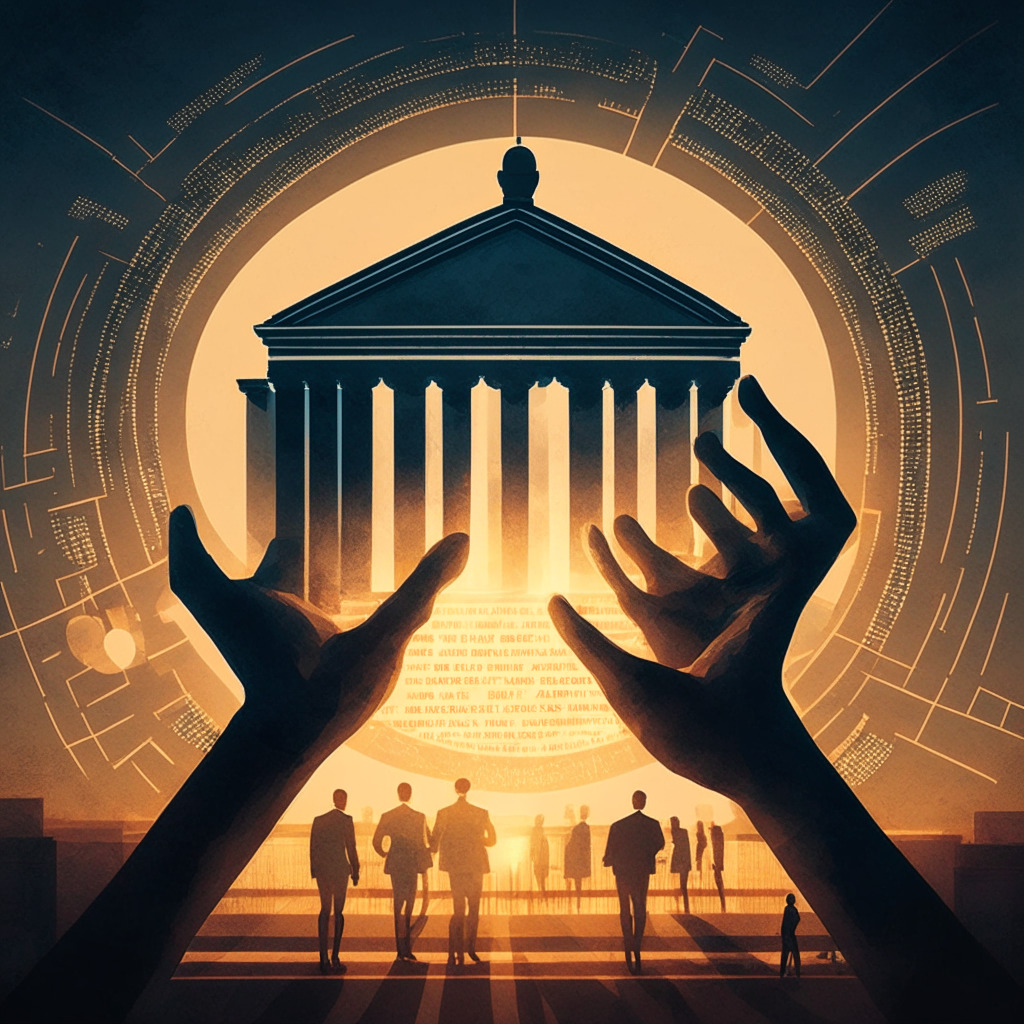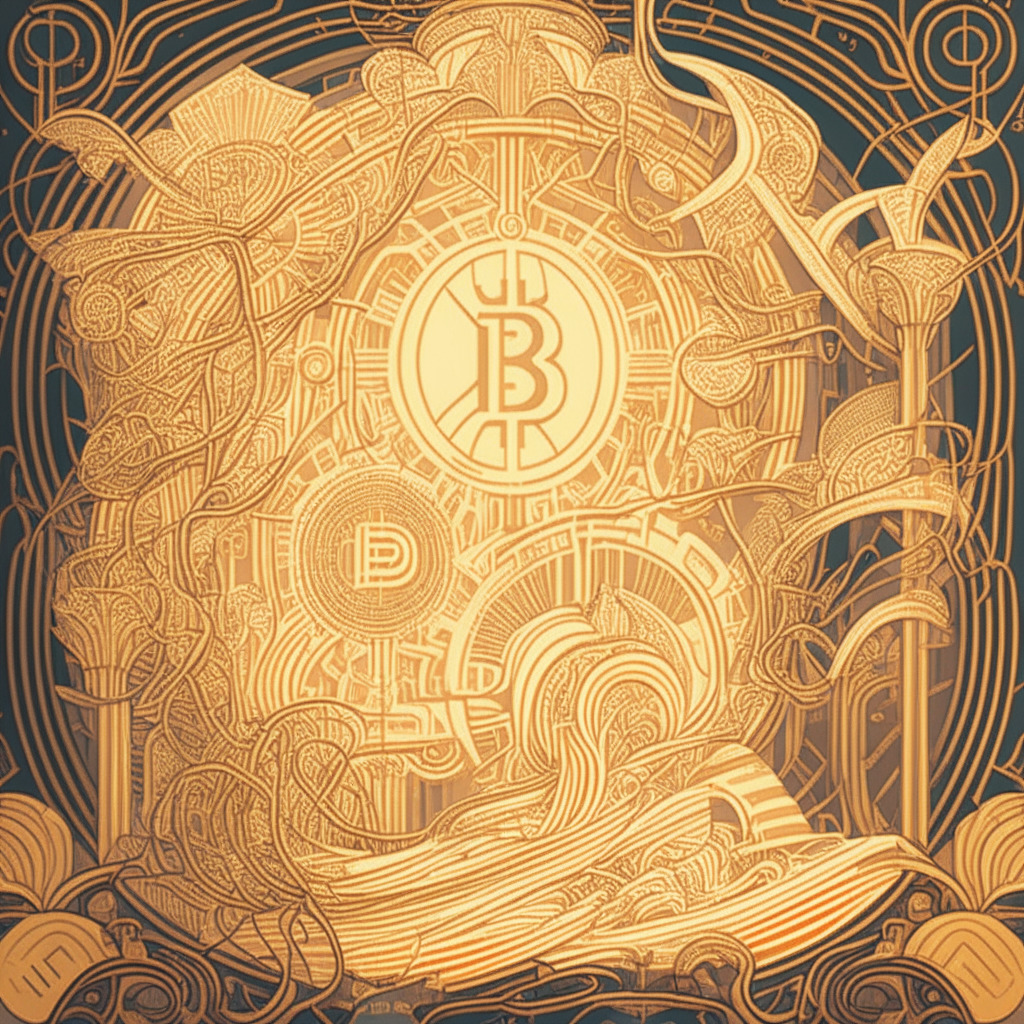At the Bitcoin 2023 conference, Michael Saylor discussed Ordinals, a concept similar to NFTs on the Bitcoin blockchain, expressing both skepticism and support for their potential use cases. He also addressed concerns about BRC-20 tokens and unregistered securities and advocated for a free-market approach without censoring transactions on the Bitcoin network.
Search Results for: Censo
Mordinals: NFTs on Monero Blockchain – Risks, Privacy Concerns & Future Prospects
The rise of Mordinals, nonfungible tokens (NFTs) on the Monero blockchain, has sparked concerns within the Monero community about potential risks to privacy, decentralization, and illegal usage. Despite these concerns, proper interventions and approaches can maintain user privacy while allowing NFTs to thrive on Monero without compromising its core principles.
Crypto Wallet Wars: Ledger Recover Controversy and Competitors Capitalizing on Privacy Fears
Ledger faced backlash after introducing Ledger Recover, raising concerns about closed-source firmware and data leaks. Competitors Blockstream, Trezor, Cold Card, and BitBox slashed prices, emphasizing privacy and self-custody. The situation highlights trust, privacy, and user preference when choosing crypto wallets.
Ledger’s Controversial Update: Balancing Security, Privacy, and Trust in Crypto Wallets
Ledger’s hardware wallet is facing criticism after announcing an update that allows users to link their seed phrase to their identity card or passport, raising privacy concerns. This update necessitates trusting a third party with sensitive ID information, making recovery seed phrases potentially vulnerable to data leaks, hacks, and possible government surveillance.
Bitcoin’s Unexpected BRC-20 and NFT Boom: Threat to User Inclusion or Permissionless Progress?
The launch of BRC-20 tokens and Ordinals NFTs on Bitcoin has transformed the blockchain, drawing comparisons to Ethereum and raising concerns over memecoins, congested block space, and soaring transaction fees. Opinions vary on whether to enforce strict Taproot validation or consider forking Bitcoin, while the community focuses on making tokens more efficient and exploring data storage on Bitcoin’s blockchain.
Litecoin’s Future: Analyzing Bull Run Prospects, Market Concerns, and Payment Utility
Litecoin experienced a drop in value alongside broader cryptocurrency market pressures, though it has still grown by 20% since its mid-March lows. Despite short-term setbacks, macro conditions improve for cryptocurrencies, with the ongoing US bank crisis potentially providing a favorable climate for cryptos like Litecoin. Recent developments, such as Litecoin’s Mastercard partnership and the 2023 halving event, suggest a strong outlook for the crypto in the upcoming bull market.
Bitcoin Network Clogged by BRC-20 Tokens: Debating Solutions and Market Impact
The Ordinals protocol has caused an explosion of BRC-20 tokens, clogging the Bitcoin network and leading to high transaction fees. Developers are debating whether to take drastic steps to address the issue or maintain the status quo. Meanwhile, some Bitcoin users in Africa are seeking alternative payment options, and Binance plans to integrate the Lightning Network to scale.
Uniswap Smart Contracts on Bitcoin: New Era of DeFi or Scaling Problems Ahead?
Uniswap’s deployment of a suite of smart contracts on the Bitcoin blockchain marks a new era, as Trustless Market DEX enables swapping Smart BRC-20 tokens and liquidity provision. This development positions Bitcoin as a smart chain, opening up unexplored decentralized finance (DeFi) possibilities and potentially transforming the cryptocurrency landscape.
Bitcoin Ordinals: Opportunities vs Network Challenges and Security Risks
The growing popularity of Bitcoin Ordinals, enabling users to add text, images, and code on a satoshi, has sparked debate within the Bitcoin community. Enthusiasts argue it brings opportunities and supports freedom of speech, while critics highlight impacts on network capacity, scalability, and security vulnerabilities. The community must weigh the implications of this emerging technology to determine if benefits outweigh potential risks.
OKX Campaign Targets Coinbase: The Urgent Need for Blockchain and Web3 Overhaul
Cryptocurrency exchange OKX’s Rewrite the System campaign emphasizes the urgent need for revamping existing financial and digital systems using blockchain technology and Web3 solutions. The campaign highlights flaws like inflation, data breaches, and censorship, advocating for greater interoperability to promote digital sovereignty and seamless cross-platform transactions.
Decentralized Finance: Balancing Risks, Rewards, and the Future of Finance
Decentralized finance (DeFi) offers lower transaction costs, faster settlement times, and censorship resistance, but also faces skepticism due to potential risks, like scams, volatility, and reliance on digital wallets. Embracing skepticism and proactive regulation can promote innovation and protect investors.
Blockchain Adoption: Immense Potential vs. Environmental and Economic Concerns
The future of blockchain technology offers immense potential in security, transparency, and equitable power distribution, but faces challenges like increased energy consumption, scaling issues, and regulatory obstacles. Balancing benefits and risks is crucial, considering concerns related to environmental impact, market stability, and illicit activities.
Decoding Cointelegraph: Navigating Blockchain & Cryptocurrency’s Challenges and Potential
Cointelegraph magazine offers updated information on the blockchain and cryptocurrency world, covering decentralized technology, adoption across industries, and investment opportunities. Despite potential, scalability and energy efficiency challenges, environmental concerns, and market unpredictability persist. Stay informed for better understanding and participation in shaping the industry’s future.
Balancing Crypto Regulations: Safeguarding Investors vs. Preserving Decentralization
This article discusses the pros and cons of cryptocurrency regulation, highlighting the need for a balance between ensuring safety, integrity, and legitimacy, and preserving decentralization and innovation in the blockchain and crypto industries. Striking the right balance is crucial for long-term stability and growth.
Blockchain Future: Revolutionizing Industries or Facing Insurmountable Obstacles?
The potential of blockchain technology to revolutionize industries faces debates between its benefits and drawbacks. Proponents highlight its transformative impact on sectors like finance and supply chain management, while critics point to concerns like energy consumption, regulatory challenges, and scalability. The future depends on balancing these aspects.
Blockchain vs. Central Banking: Finding Clarity Amid Economic Ambiguity & The Human Element
The recent ambiguous messaging from the Federal Reserve has left markets craving clarity in policy-setting, highlighting the potential benefits of replacing human institutions with decentralized cryptographic monetary systems like Bitcoin. However, the complexity of the global economy demands flexibility and uncertainty in decision-making, still requiring a human touch. Policymakers should consider utilizing blockchain technology and cryptographic verification systems to provide critical clarity, transparency, and trust in the financial system.
Musk’s X.AI GPT: AI-Blockchain Revolution or Risk to Decentralization?
X.AI, directed by Elon Musk, introduces an AI model leveraging machine learning and natural language processing for the emerging blockchain market. However, concerns such as challenging decentralization, AI-generated content manipulation, and ethical dilemmas arise with this technology’s integration.
El Salvador’s My First Bitcoin Program: Empowering the Masses or Facing Adoption Hurdles?
The El Salvador nonprofit program “My First Bitcoin” has raised over 1 BTC through global donations, expanding its Bitcoin Diploma program. Highlighting cryptocurrency’s potential to empower individuals and democratize financial access, the initiative has educated 6,000 students, paving the way for wider cryptocurrency adoption in developing countries.
Aragon’s Community Ban Wave: The Struggle for Decentralization and Free Speech in DAOs
Decentralized governance project Aragon recently banned multiple community members, raising questions about decentralization and autonomy within these organizations. Critics argue that some exiled members were merely expressing legitimate concerns, challenging the idealistic concept of Decentralized Autonomous Organizations (DAOs) and the central control that few stakeholders possess.
Blockchain’s Role in Balancing AI Growth: Decentralization vs Dominance Dilemma
Blockchain technology has the potential to manage aspects of AI development like data accessibility, incentivization, and decentralization. By creating decentralized systems, blockchain can prevent control of AI development from concentrating in monopolies and establish public trust, while ensuring secure data management and contributing to AI’s responsible growth.
Bitcoin Cash Upgrade: Unleashing Economic Freedom and Scalability vs Ethereum Complexity
The May 15th Bitcoin Cash network upgrade introduces the Cashtokens CHIP, offering economic freedom through UTXO-level token creation and advanced on-chain applications such as higher-security vaults and decentralized exchanges. This results in a user experience comparable to Ethereum, but with better scalability and affordability.
Bitcoin Ordinals: The Savior of Network Security or a Detour from Satoshi’s Vision?
Bitcoin (BTC) Ordinals, also referred to as Bitcoin NFTs, have the potential to reignite developer […]
AI and Cryptocurrencies: A Seamless Partnership or Recipe for Scams and Control?
Crypto is the only form of money that artificial intelligence (AI) systems can incorporate, Erik […]
